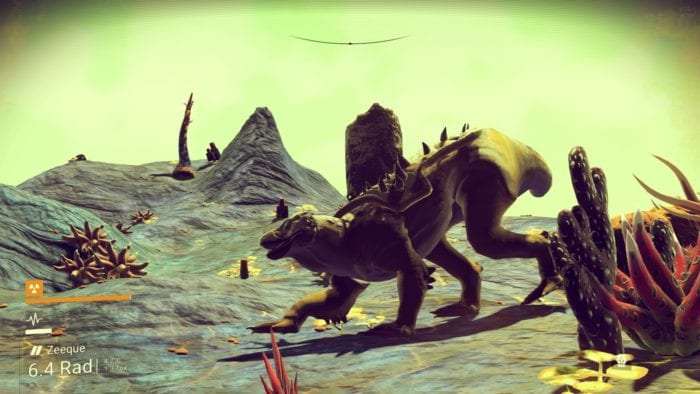The ongoing war of the gaming worlds has been one often divided by platform. That’s not to say that there aren’t clear positives and negatives to both persuasions. Sure, consoles have the shiny exclusives and are way more accessible, but they can’t reach the same graphical heights of a strong computer. Limitless customization, modding and uncapped features are often the first port of call for PC defense, but lately, that mystique has been shattered by a string of poor ports and rocky launches.
It’s not like this is a new thing either. Games as far back as Spider-Man 2, Mega-Man in the 90’s, and Final Fantasy VII all have interesting port stories. Nowadays though, it’s arguably worse, and particularly for AAA games. Dark Souls, Need For Speed, Watch Dogs – huge titles that, at launch, sucked on PC.
Now, there’s a few obvious reasons for this, and whilst sometimes ports can be absolutely inexcusably bad (looking at you, Arkham Knight), a lot of hurdles can pop up when it comes to bringing a game to PC.
First off, usually the game is outsourced to a team that didn’t develop the game itself. If it’s done in-house, it’s usually pretty successful (Metal Gear Solid: The Phantom Pain, GTA V) but the alternative isn’t often well received. Companies like Nixxes, who were in charge of the modern Deus Ex/Tomb Raider titles, have been decidedly hit and miss, as well as Iron Galaxy, the guys behind Killer Instinct, but also Arkham Knight…

Another point to consider would be the lack of time. A PC port can sometimes be an afterthought and when this happens, it takes a few months of crammed-in ironing-out, not a dedicated development cycle aiming at a console release. Take Dark Souls for example, a notoriously bad port rushed with GFWL rushed after a fan petition. The producer even admitted to it.
QA is key to every good release too, but often when a game comes out and the port is poor, it almost seems like the developers haven’t tested the game thoroughly. Dark Souls was nigh unplayable without a controller and, more recently, No Man’s Sky on PC ran very poorly on low to mid range PC’s at launch. These ports, and their QA testing, need to be prepared to deliver on a variety of hardware, from low to high end. Recently bad PC ports do not often cater to a middle ground, which is alarming to say the least.
Developer decisions surrounding FPS play another huge role in the success of a PC port. With a console, you know that every single device is running on the same hardware, so you can lock the FPS accordingly. Usually, console games are capped at 30 to make it a less fluid experience, but one that everyone can deal with. If you play on a console all the time you probably won’t notice the difference, but on PC it can be quite noticeable. Take a look:
Devs porting a game to PC may choose to lock it at 30 to give the same console experience, but every PC is different, with different hardware capable of different graphics settings. A PC game may look like its console counterpart at Medium settings, but it’ll be an entirely different experience on Ultra. As you may understand, it’s pretty sour grapes for the player with the high-end expensive PC who has to run their game at a capped frame rate.
Locking isn’t always done unreasonably though. Usually, the physics and animations within a console game are locked at a certain frame-rate, so when you uncap that, things can go awry. Ragdoll, audio imbalance, and glitches are just a few of the plagues of an uncapped frame rate.
Nowadays, these problems eventually meet their end through day 1 + other patches, and Nvidia/Amd can push better drivers for compatibility. If you release a poor game on a console, it’s an even bigger nightmare to handle. I guess the only redeeming factor you can take away from this is that PC ports can be bad, but they can also be fixed.





Published: Aug 24, 2016 07:55 pm